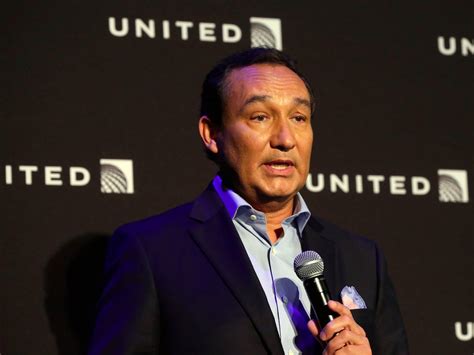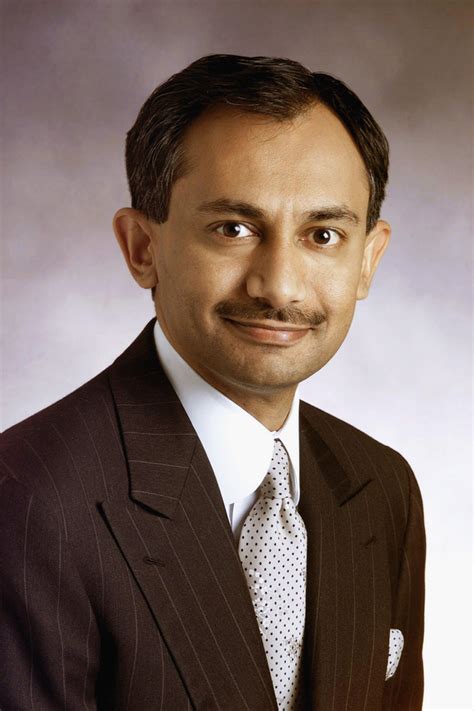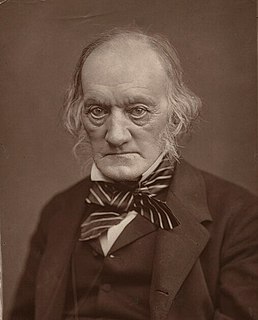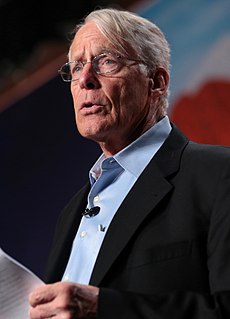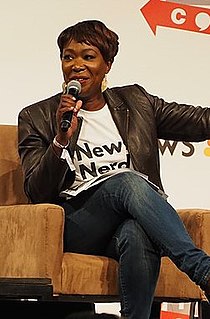A Quote by Marvin Ammori
Being a 'monopoly' is not illegal, nor is trying to best one's competitors through lower prices, better customer service, greater efficiency, or more rapid innovation.
Related Quotes
Under the antitrust laws, a man becomes a criminal from the moment he goes into business, no matter what he does. If he complies with one of these laws, he faces criminal prosecution under several others. For instance, if he charges prices which some bureaucrats judge as too high, he can be prosecuted for monopoly or for a successful 'intent to monopolize'; if he charges prices lower than those of his competitors, he can be prosecuted for 'unfair competition' or 'restraint of trade'; and if he charges the same prices as his competitors, he can be prosecuted for 'collusion' or 'conspiracy.'
The mere possession of monopoly power, and the concomitant charging of monopoly prices, is not only not unlawful, it is an important element of the free-market system. The opportunity to charge monopoly prices - at least for a short period - is what attracts 'business acumen' in the first place; it induces risk taking that produces innovation and economic growth.
Service standards keep rising. As competitors render better and better service, customers become more demanding. Their expectations grow. When every company's service is shoddy, doing a few things well can earn you a reputation as the customer's savior. But when a competitor emerges from the pack as a service leader, you have to do a lot of things right. Suddenly achieving service leadership costs more and takes longer. It may even be impossible if the competition has too much of a head start. The longer you wait, the harder it is to produce outstanding service.
Our employees and competitors thought we were docile. We want to be defiantly disruptive. I don't mean necessarily by launching price wars but by being the best at the basics - having the best customer service, the best on-time performance, the best coffee - in a thoughtful, not a testosterone-laced, way.
Who can complain about the price that Google is charging you? Or who can complain about Amazon's prices; they are simply lower than the competition's. And that's why I think we need to shift back to a more Brandeisian conception of antitrust, where we consider values other than simply efficiency and low prices.
Innovation is not a big breakthrough invention every time. Innovation is a constant thing. But if you don't have an innovative company [team], coming to work everyday to find a better way, you don't have a company[team]. You're getting ready to die on the vine. You're always looking for the next innovation, the next niche, the next product improvement, the next service improvement. But always trying to get better.





